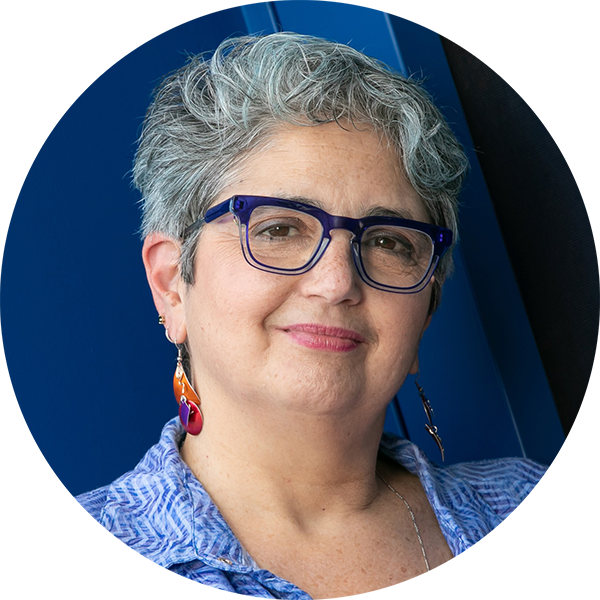Home > Doula Profile: Alison Butler
Doula Profile: Alison Butler
Alison has completed the doula programs at INELDA and the International Doula Life Movement, as well as the advanced planning program at IDLM. She is a faculty member at IDLM, facilitates the mentors group for IDLM doulas, and created its legacy curriculum. Alison is a member of the Tucson End-of-Life Doulas and the Arizona End-of-Life Care Partnership. She holds a PhD from the University of Oregon and is an amateur photographer and baseball aficionado.
Q&A with Alison
When and why did you decide to become an end-of-life doula?
I grew up in the Castro district in San Francisco in the ’70s and saw the effects of the AIDS epidemic up close. The way the community pulled together to support people dying alone and seeing how hospice could reduce suffering at the end of life had a tremendous impact on me. I was never afraid of being around illness and was very disheartened by the irrational fears people had around those dying of AIDS.
My father was in hospice for two years during the COVID-19 epidemic, and I oversaw his care. Fortunately, I was allowed into his assisted living facility as a primary caregiver. Even though he had a very attentive hospice nurse, aide, and caregivers, I could see all the ways the needs of someone approaching the end of life could fall through the cracks. So many people need someone to ensure caregivers are meeting their needs, help them find available resources, and advocate for them, not only within the medical system but often within their community of caregivers and loved ones. That need is often compounded for the people with the least resources.
My mother introduced me to the idea of an end-of-life doula, and I immediately signed up for my first doula training at INELDA.
How long have you been doing this type of work?
About a year and a half. I started training while my dad was dying.
What type of environment do you work in?
I go wherever the client is, usually in their homes or an assisted living facility.
What do you do before you meet with a new client?
I play a jazz playlist I created of my favorites from childhood to help slow me down and remind me to center myself.
Can you share a short anecdote or insight that changed you?
My childhood best friend called to tell me her father, who had been a surrogate dad to me, was dying. I wasn’t working then, so I went to help and support the family during his last days. He recognized me that first day but wasn’t very communicative after that. I sat with him and put on the football games we used to watch together. I was the person who communicated with the hospice nurse and made sure his needs (and the family’s) were as attended to as possible. He waited until everyone went to sleep to pass. It was my first experience working as a doula, although I didn’t know that then.
Who has been one of your teachers or mentors?
My best teacher is someone who died over 30 years ago. My mother’s partner was diagnosed with a very aggressive form of breast cancer in her early 40s, and she faced it head-on. We never pretended she would get better; she met each moment honestly and stayed as present as possible. She insisted on having all the conversations (to the extent she could tolerate), including saying goodbye to everyone. She also was the person who taught me about ethical wills, which I’ve incorporated into my practice.
What do you wish you had known when you started as a doula?
After my training, I was excited to begin doing legacy work. What I didn’t know, however, was all the logistical needs and expenses associated with doing that work, such as getting interviews transcribed, video editing, etc. As a result, I offered more than I could deliver.
Do you have any words of encouragement for fellow doulas?
Many of the doulas I mentor worry they won’t be good enough, or they feel like impostors. I suspect the lack of a standard curriculum or licensing exacerbates this. I have found that even if our efforts with clients seem small to us, the need is so great it dramatically impacts our clients and their loved ones. There is always more to learn, but it is essential not to let that paralyze us. The only way to improve is to do the work, ask for feedback, and improve.
What is your dream for your practice or doulas in general?
For myself, I hope to train and work with enough local doulas to have a robust list of referrals for services I either don’t do or don’t have time to do, as well as sufficient backup for when I am unable or unavailable to meet the needs of my clients.
For the profession overall, I hope there is a way for doulas to be compensated so that everyone, regardless of their economic circumstances, can have the services of a culturally competent end-of-life doula.
Contact Alison
Web: Navigating Dying // Email: [email protected] // Instagram: @navigatingdying

